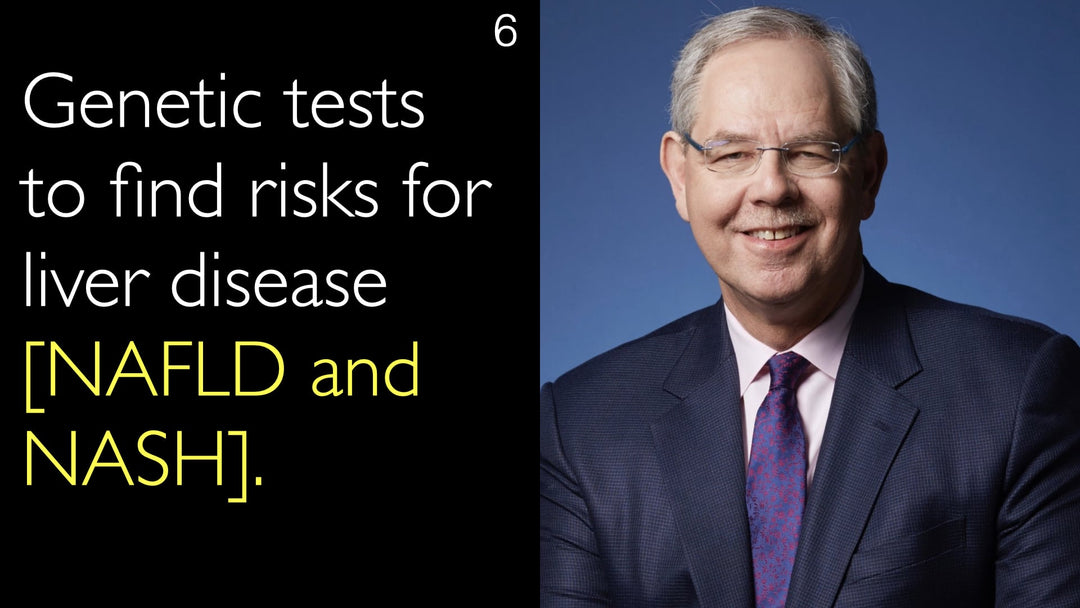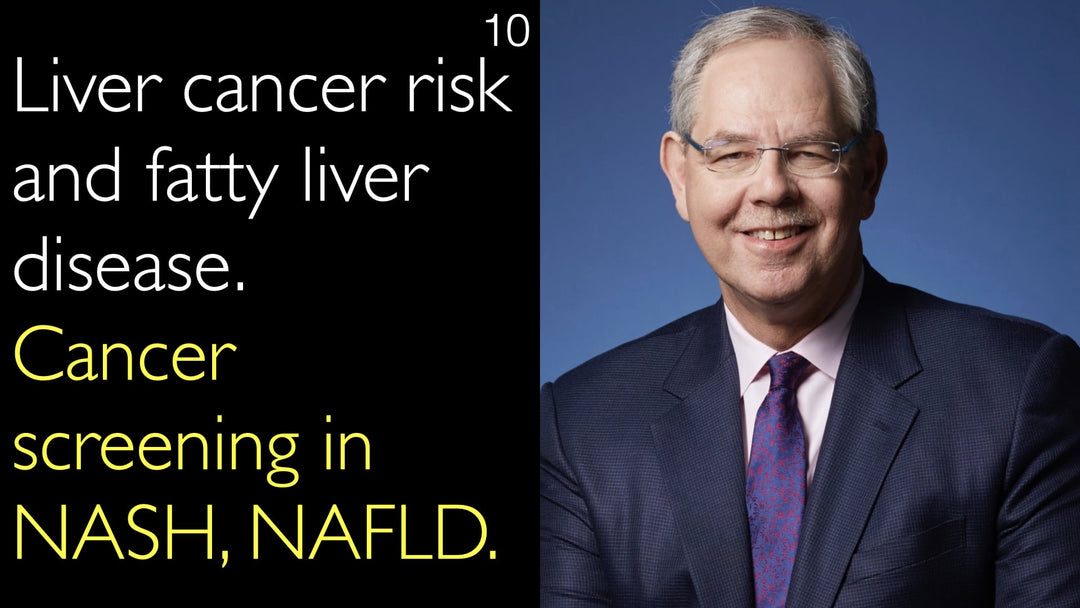Leading expert in cancer prevention and HPV, Dr. Jack Cuzick, MD, PhD, explains how expanding HPV vaccination to adults up to age 50, combined with screening, can accelerate the reduction of cervical cancer rates more rapidly than vaccinating adolescents alone, detailing the clinical rationale and ongoing FASTER trial.
Expanding HPV Vaccination to Adults for Accelerated Cervical Cancer Prevention
Jump To Section
- HPV Vaccination Age Expansion
- Changing Cervical Cancer Screening
- Nine-Valent HPV Vaccine Benefits
- FASTER Trial for Accelerated Benefits
- Combined Screening and Vaccination Strategy
- Long-Term Impact on Cervical Cancer
HPV Vaccination Age Expansion
Human Papillomavirus (HPV) vaccination guidelines are evolving beyond the initial focus on adolescents. Dr. Jack Cuzick, MD, PhD, explains that the original strategy targeted girls before puberty because the vaccine was expensive and the goal was to provide protection before any potential HPV exposure through sexual activity. This approach provides the highest benefit for the longest duration. However, Dr. Jack Cuzick, MD, notes there is now a significant policy shift to expand HPV vaccination to a much broader age range, including adults up to 45 or 50 years old.
Changing Cervical Cancer Screening
The widespread adoption of HPV vaccination, particularly in the first generation of vaccinated individuals, is fundamentally changing cervical cancer screening strategies. As Dr. Jack Cuzick, MD, PhD, discusses, the combination of vaccination and screening is key. The new approach involves screening an adult woman for existing HPV infection first. If she tests negative, she can then be vaccinated. This dual strategy protects her from future HPV infections that could lead to cervical cancer, creating a more robust and personalized prevention plan.
Nine-Valent HPV Vaccine Benefits
The development of the 9-valent HPV vaccine is a major advancement driving this expanded vaccination strategy. This vaccine protects against nine high-risk types of Human Papillomavirus, covering a wider range of cancer-causing strains than previous versions. Dr. Jack Cuzick, MD, PhD, emphasizes that this broader protection makes vaccinating older adults a more compelling and effective public health intervention. It offers a powerful tool to prevent new HPV infections and the subsequent development of pre-cancerous lesions, even later in life.
FASTER Trial for Accelerated Benefits
A critical clinical trial exploring this combined approach is called FASTER. Dr. Jack Cuzick, MD, PhD, is involved in this research, which aims to accelerate the population-level benefits of HPV vaccination. While vaccinating adolescents is highly effective, Dr. Cuzick points out to Dr. Anton Titov, MD, that it takes 20 to 40 years for those vaccinated teens to reach the age when cervical cancer is most common. The FASTER trial strategy of vaccinating adults can produce a more rapid reduction in cervical cancer incidence, benefiting the current adult population much sooner.
Combined Screening and Vaccination Strategy
The most efficient path to rapid cervical cancer reduction is a simultaneous screening and vaccination protocol for women over 25. Dr. Jack Cuzick, MD, PhD, outlines the process: a woman in this age group would be screened for cervical cancer and for the presence of HPV. If she is clear of the virus, vaccinating her against HPV at the same time protects her from future infections. This one-two punch of screening out current risk and vaccinating against future risk is a powerful and logical clinical strategy for comprehensive prevention.
Long-Term Impact on Cervical Cancer
The long-term impact of expanding HPV vaccination could be a dramatic and swift decline in cervical cancer cases. Dr. Jack Cuzick, MD, PhD, concludes in his discussion with Dr. Anton Titov, MD, that this combined approach is ultimately better than relying solely on adolescent vaccination for long-term gains. By protecting multiple generations at once—adolescents and adults—the healthcare system can achieve a significant public health victory against cervical cancer much more quickly, saving lives in the near term rather than decades from now.
Full Transcript
Dr. Jack Cuzick, MD: HPV vaccination is recommended before teenagers reach puberty. Young adults can also be vaccinated against HPV, Human Papilloma Virus.
Dr. Anton Titov, MD: There is the generation of the first people who were vaccinated against HPV. How will that change screening strategy for cervical cancer?
Dr. Jack Cuzick, MD: There were a number of things that will actually change. The original HPV vaccination was focused on the people who will have highest benefit, because the HPV vaccine was expensive.
HPV vaccination focused on the girls before they become sexually active. The goal was to avoid HPV infection before vaccination.
Now there is a new 9-valent HPV vaccine against nine HPV types. There is an increasing interest in developing policies to expand HPV vaccination.
So we can screen for HPV infection in adults. We can vaccinate against HPV up to 45 or 50 years of age.
So you would screen out any cervical cancer associated with HPV infection. But then you would vaccinate against HPV to prevent all future HPV infections.
These cervical cancer screening and HPV vaccination in combination may lead to a rapid reduction in cervix cancer. This could be better than just vaccinating teenagers in early adolescence.
We can screen the rest of the population for HPV infection. The vaccination against HPV in early adolescence will be highly effective.
But it will be 20 to 30 to 40 years before vaccinated teenagers reach the age in which cervix cancer is common. This is one of the things we are interested in; this clinical trial called FASTER is designed to not only get cervical cancer protection in early group of vaccinated people.
But we have to accelerate benefits of HPV vaccination. Then we can actually start seeing more rapid reductions in cervical cancer more quickly.
That means we should vaccinate people against HPV up to the age of 50.
Dr. Anton Titov, MD: Women over age 25 would need to be screened for cervical cancer. They should be vaccinated against HPV at the same time.







